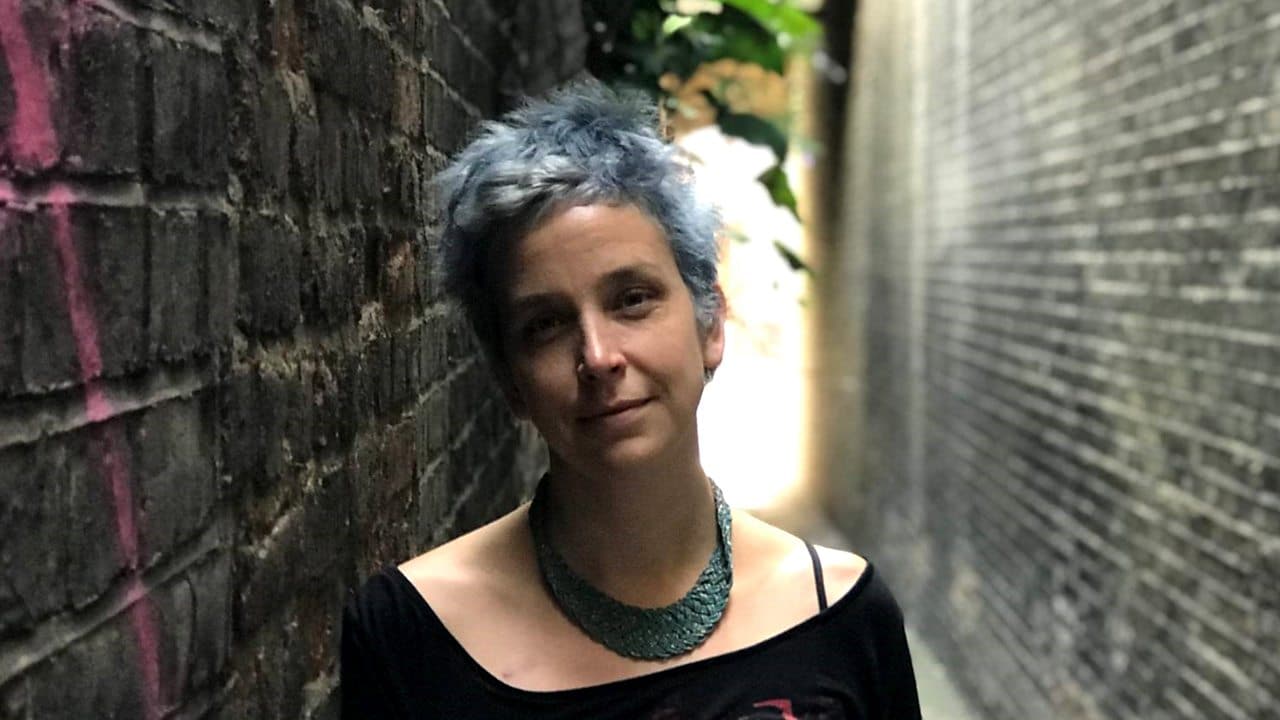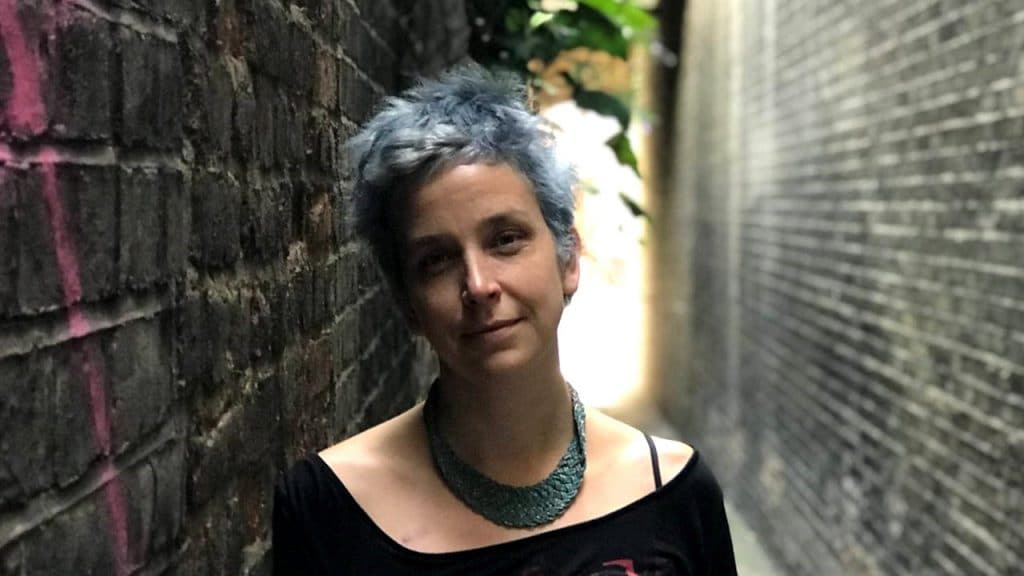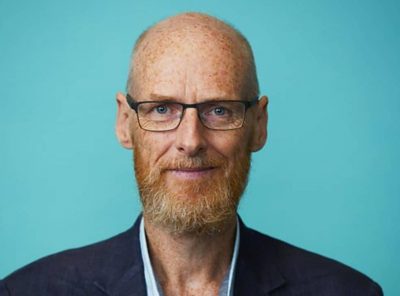The uncertainty in climate science
Certainty is comforting. Certainty is quick. But climate science is uncertain.
And this is particularly true for people who are trying to understand climate change.
Climate scientist, Tamsin Edwards tackles this uncertainty head-on.
She quantifies the uncertainty inherent in all climate change predictions to try and understand which of many possible storylines about the future of our planet are most likely to come true. How likely is it that the ice cliffs in Antarctica will collapse into the sea causing a terrifying amount of sea-level rise?
Even the best supercomputers in the world aren’t fast enough to do all the calculations we need to understand what might be going on, so Tamsin uses statistical tools to fill in the gaps.
She joined the International Panel on Climate Change (IPCC) in 2018 and is currently working on the 6th Assessment Report which will inform the 2021 United Nations Climate Change Conference, COP26.
She tells Jim Al-Khalili about her life and work and why she wishes more people would have the humility (and confidence) to consider the possibility that they might be wrong.
Phuket Island radio broadcasts BBC Discovery on a Sunday at 8:30 am on 91.5 FM and 102.5FM as part of the station’s EDUtainment strategy. Other Sunday morning shows include BBC Science in Action at 9 am technology from BBC Digital Planet at 9.30 and Sunday Sundae starts with BBC Healthcheck at 8 am.
In other climate news,
Environmental marketing campaign group Extinction Revolt is gearing up for one more two full weeks of local weather protests, that is as a consequence of happening throughout London.
The group says 1000’s of individuals are anticipated to participate in its “Unimaginable Revolt”, which plans to “goal the basis reason behind the local weather and ecological disaster”. There is more on the story HERE
The Earthshot prize highlights many of these projects, ideas and initiatives which have the potential to make a difference locally and globally.



